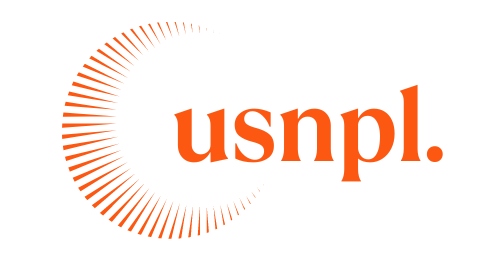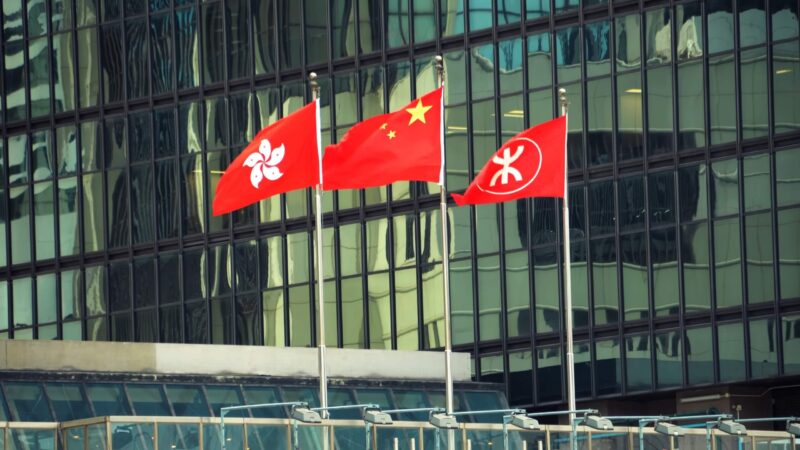On March 29, Radio Free Asia (RFA), backed by U.S. funding, announced it was shutting down its Hong Kong office.
This decision came in the wake of the new national security law, Article 23, raising concerns over the safety of its staff in the territory now under tighter control by China.
Bay Fang, the president of RFA, expressed unease about the team’s ability to operate safely under the shadow of this law, especially after local authorities labeled RFA a “foreign force.”
Hong Kong’s pro-Beijing legislature passed Article 23 on March 23, intensifying the broader national security framework imposed by China in 2020.
This law introduces severe penalties for a range of offenses, including treason and sedition, with sentences varying from several years to life imprisonment.
U.S. and International Response to Hong Kong’s Tightening Grip
The U.S. has criticized the law, arguing it grants Hong Kong authorities vast powers to suppress dissent.
In contrast, Beijing defends the legislation as a necessary step to restore stability following the massive pro-democracy protests in 2019.
The U.S. State Department has voiced deep concern over the diminishing media freedom and overall erosion of human rights in Hong Kong.
In response to the crackdown on freedoms, U.S. Secretary of State Antony Blinken revealed that the U.S. is implementing new visa restrictions on several Hong Kong officials.
Alongside the release of the Hong Kong Policy Act Report, which catalogs increasing repression and details our commitment to stand with people in Hong Kong, we have imposed visa restrictions on Hong Kong officials responsible for the intensifying crackdown on rights and freedoms.
— Secretary Antony Blinken (@SecBlinken) March 29, 2024
The closure of RFA’s bureau is seen as a significant blow to media freedom in the city, highlighting the increasing pressures faced by organizations linked to foreign governments under the new security measures.
RFA, known for its independent reporting in Cantonese and Mandarin, was one of the few remaining sources of uncensored news in Hong Kong.
The clampdown on press freedom has already led to the closure of other liberal media outlets in the city.
Despite RFA’s decision to close its doors, the Hong Kong government has dismissed any criticism as fearmongering, insisting on a commitment to press freedom.
However, recent actions against international media outlets and the significant drop in Hong Kong’s media freedom ranking by Reporters Without Borders paint a different picture of the situation on the ground.
Since opening in 1996, just before Hong Kong’s handover from British to Chinese rule, RFA’s bureau has played a crucial role in providing uncensored news to the city’s residents. Its closure marks the end of an era for independent journalism in Hong Kong.


